"Mocomi is a nice website featuring educational and entertaining content for elementary and middle school students."
Get Started for FREE
Sign up with Facebook Sign up with X
I don't have a Facebook or a X account
 Your new post is loading... Your new post is loading...
 Your new post is loading... Your new post is loading...
Sue Ann's curator insight,
May 29, 2013 4:13 PM
I loved the Unit Overview sheets, and how students rate their mastery of the objectives. 
LeeAnn LaSota's curator insight,
July 20, 2014 9:06 PM
This may not be tech, but it fits perfectly for the new interactive text books!

Pegi Flynt, Ed.D.'s curator insight,
October 12, 2014 6:25 PM
Review for inservice Language Arts Methods
Rebecca Wilkins's curator insight,
July 31, 2015 9:33 AM
When educators think PBS, they think early childhood education. There are tons of resources, however, geared toward secondary students. |
Devon Clarke's curator insight,
October 22, 2014 4:44 PM
When it comes to adolescents brain development in our western society today we can rely on school systems to play a large role in this. In this article is talks about how cooperative work groups in middle schools are the best ways for children to learn (Willis, 2012). I found this article to relate very closely to an academic journal I read comparing social development in pre schoolers in a values education program (Dereli-Iman, E, 2014, p.263). In the experiment of the academic journal researches found that children put into the values education program had better social development and less behavioural issues (Dereli-Iman, E, 2014, p.263). Even though this article of cooperative groups deals with middle schools students, it proves to say that cooperative learning groups gets all children involved, and forms for the greatest levels of conceptual learning (Dereli-Iman, E, 2014, p.263). In the text book Exploring Psychology in Modules, they state that day care is an area that has a huge impact on a child's development (Myers & Myers, 2008, p. 148). As Whetten stated, good quality child care is a warm and stimulations place for children, and poor child care is boring for this children making them unresponsive (Myers & Myers, 2008, p. 149). From these three articles you can see that schooling for children plays a huge role in brain development, and it is important to make sure they are in a good environment. Thought the author of this article, Judy Willis did not use a lot of scientific reasoning and proof in her article I found her findings and background to be very impressive. It would have made the article a little bit better if she would have added in some statistics to back up her reasoning about cooperative groups (Willis, 2012). A possible diverse group that would be effected through cooperative learning are kids from other countries who do not speak the foreign language. If a child was put into a cooperative group and was not able to converse with the other children it could possibly lead to negative outcomes for that student. Sources: Myers, D. G., & Myers, D. G. (2008). Exploring psychology in modules. New York, NY: Worth Publishers.
Willis, J. (2012, September 14). Brain Research: Adolescents Learn More in Cooperative Groups | MiddleWeb. Retrieved from http://www.middleweb.com/2847/how-to-build-happy-brains/ Dereli-İman, E. (2014). The Effect of the Values Education Programme on 5.5-6 year old children’s social development: social skills, psycho-social development and social problem solving skills. Kuram Ve Uygulamada Eğitim Bilimleri, 14(1), 262-268. 
Ruth Virginia Barton's curator insight,
February 13, 2015 11:08 AM
Supportive middle school teaching strategies like cooperative learning, class celebrations, and community-school collaborations lower stress and increase resilience in students and create HAPPY MIDDLE-SCHOOL BRAINS, neuro-imaging shows.
Nadia Ratta's curator insight,
March 31, 2015 10:04 PM
Simple blogging to help engage students in writing, great for teachers parents and students |





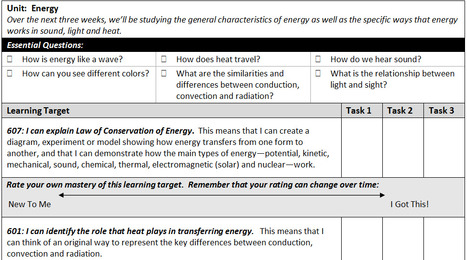


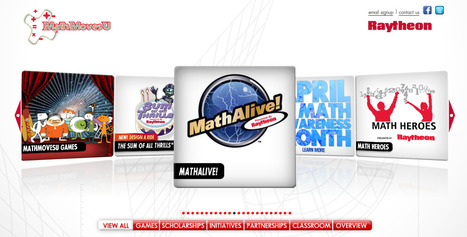


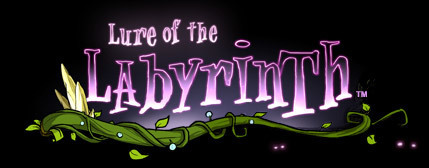

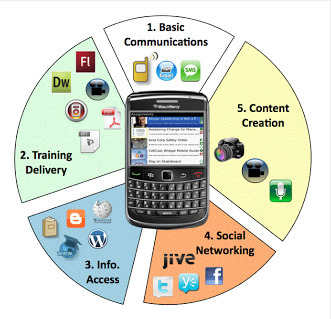


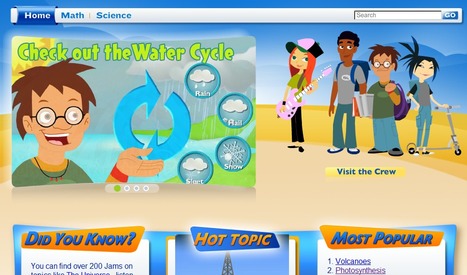
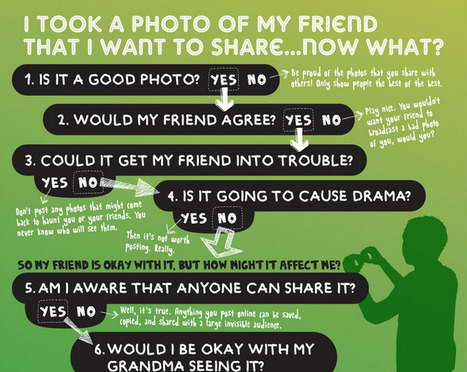








Mocomi is a website geared to elementary and middle school students. Along with videos they have a wide variety of activities in areas including the arts, civics, culture, English, environment, geography, history, science, and math. They also have an online magazine with a specific theme. The current one is called Under Water, and you can access 19 additional magazines online.
This might be a site you use with students, or one that they might explore during free time. Richard Byrne suggests that the videos "are a model of animated informational videos" and students in middle school and high school "could follow the model to create their own short videos to demonstrate their understanding of a topic."